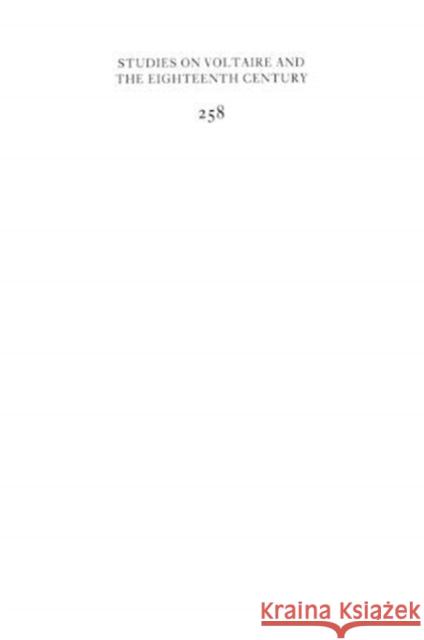Innovation and Renewal: The Study of the Theatrical Works of Diderot: 1989 » książka
Innovation and Renewal: The Study of the Theatrical Works of Diderot: 1989
ISBN-13: 9780729403719 / Angielski / Twarda / 1989 / 220 str.
Innovation and Renewal: The Study of the Theatrical Works of Diderot: 1989
ISBN-13: 9780729403719 / Angielski / Twarda / 1989 / 220 str.
(netto: 415,65 VAT: 5%)
Najniższa cena z 30 dni: 391,39 zł
ok. 30 dni roboczych
Bez gwarancji dostawy przed świętami
Darmowa dostawa!
Part one begins by examining the nature of Diderot’s theatrical revolution as it is revealed in the works of dramatic theory, the Entretiens sur Le Fils naturel and De la poésie dramatique, as well as in his letters and articles for the Correspondance littéraire. It also compares this theory with the level of innovation revealed in practical terms in the plays themselves. Diderot’s approach to theatrical dialogue seems to be one of the most original, and most frequently criticised, aspects of his dramaturgy and this is therefore the subject of a separate chapter. Part two examines both the sources of Diderot’s dramatic works, and the way in which he renews this source material in order to produce dramatic theory which seems more original than it actually is, and a theoretical style which, for good or ill, is uniquely his own. This section begins with a consideration of the most obviously derivative of his dramatic works, his translation of The Gamester, which, because of the contemporary popularity of the English play, gives us a unique opportunity to compare Diderot’s working methods with those of three French contemporaries who were also attracted by this text. The remaining chapters deal firstly with the major influences on the dramatic theory, and secondly with the sources and compositional methods of the four plays: Le Fils naturel, Le Père de famille, Les Pères malheureux and Est-il bon? Est-il méchant?











